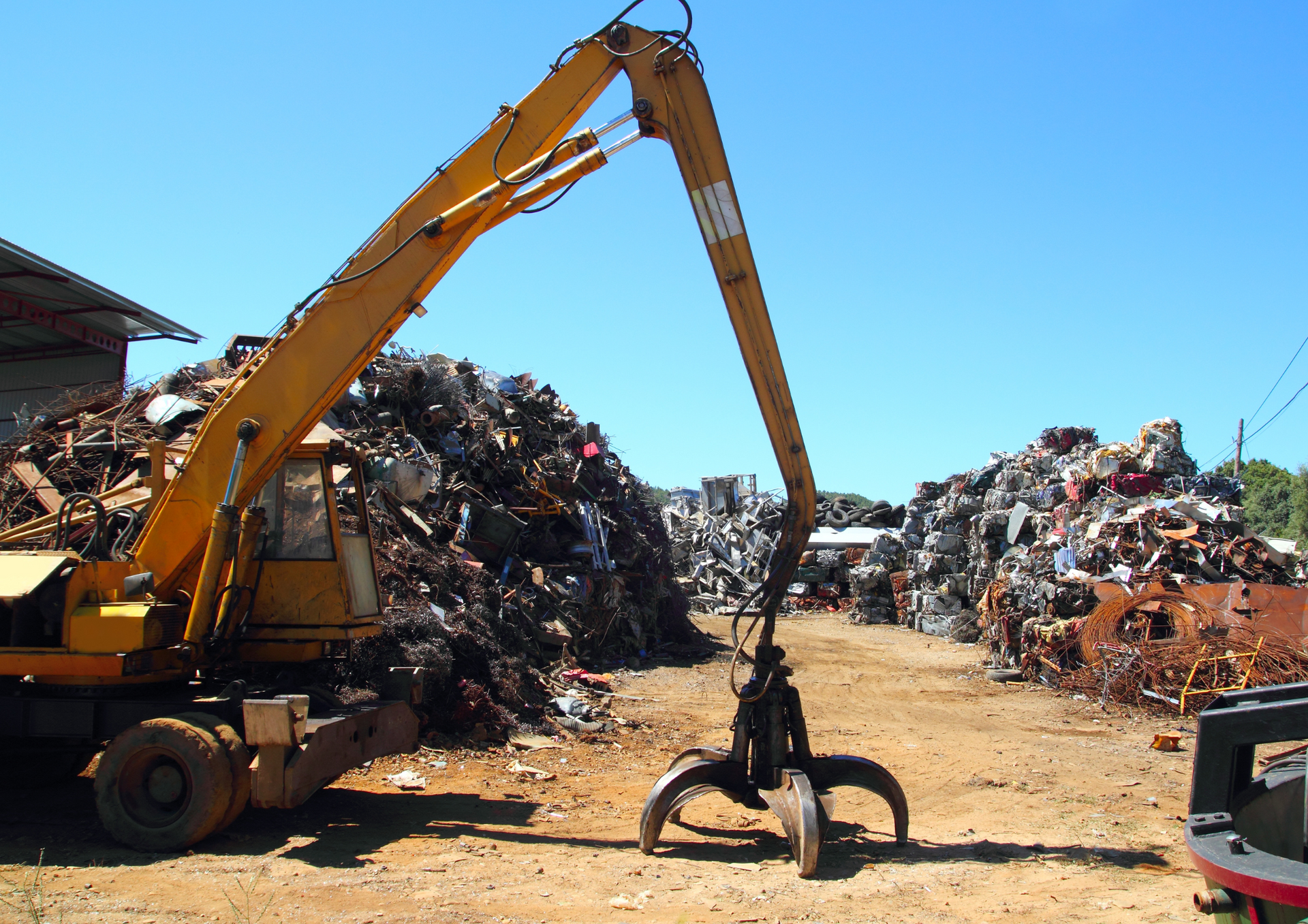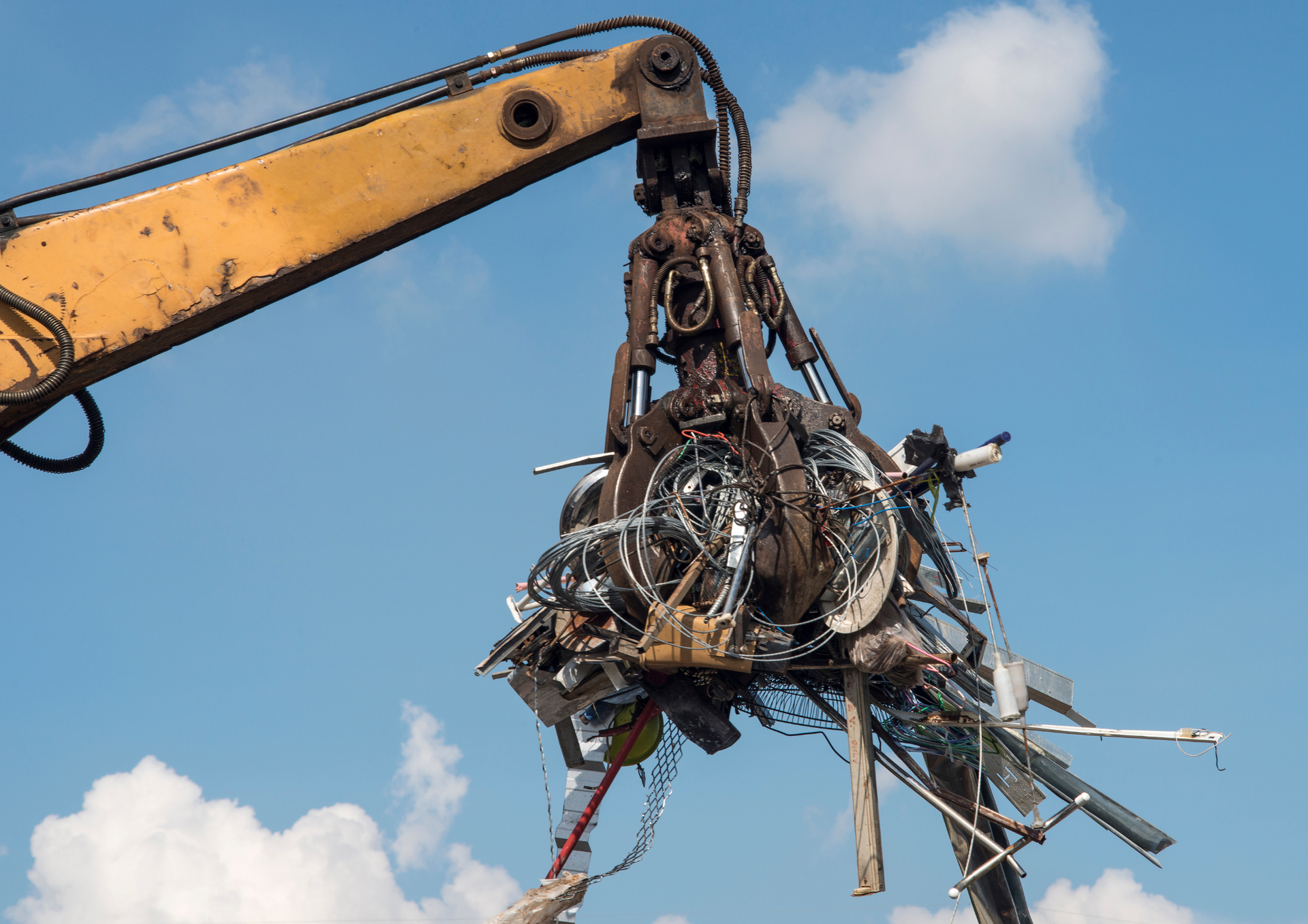How Local Scrap Yards Work Out the Value of Your Scrap Vehicle
Scrapping a vehicle isn't just about waving goodbye to an old motor—it's about getting a fair price and understanding how that price is calculated. Whether upgrading, clearing space, or saying farewell to a no longer roadworthy vehicle, knowing what goes into valuing a scrap car can help you feel more confident.
If you're located in Luton or surrounding areas, you may be wondering what factors local scrap yards use to determine how much your car is worth. While each scrapyard may differ slightly in its approach, four key things generally shape a vehicle's valuation. Let's take a look at how it all works.
Vehicle Weight and Metal Content
The first thing any reputable Luton scrap yard will assess is your vehicle's weight. This is because scrap yards earn money by extracting and reselling the metal found in your car. The more metal your car has, the more it's potentially worth. Steel is the most common metal in vehicles, but some models also contain valuable metals like aluminium and copper.
Larger vehicles such as vans, buses or 4x4s tend to contain more metal and may attract a higher payout than smaller cars. However, it's not just about size—different manufacturers use varying materials and build techniques, which can affect the metal value. A scrapyard will consider the vehicle's overall structure before offering a quote.
If you're thinking,
"I want to
scrap my car near me," and you're located in or around Luton, choosing a local yard familiar with vehicle weight assessments could help you get a quicker and more accurate price.
Demand for Spare Parts
Before a car is crushed for scrap metal, scrap yards often consider whether any components can be salvaged and resold. This includes engines, gearboxes, batteries, wheels, catalytic converters, and interior parts like seats and panels.
If your vehicle contains high-demand parts in decent condition, the yard may offer you more money than it would for a car completely beyond repair. This is particularly true for models commonly found on the road and regularly in need of spares.
For drivers considering where to
scrap your car, it's useful to know that cars with reusable parts can increase your return, even if the vehicle isn't running. Local yards in Luton often have relationships with repair garages and private buyers looking for specific parts, which means your vehicle could be worth more than you expect.
Age, Make and Model of the Vehicle
Not all scrap vehicles are valued equally. Your vehicle's age, make, and model will play a key role in its overall valuation. Newer cars, especially those less than 10 years old, may have more value due to the condition and relevance of their components. Meanwhile, older cars might be valued mostly for their metal content.
Popular makes and models are often more sought-after for parts, and certain brands tend to hold their value better when scrapped. For example, a widely owned model in the UK, like a Ford Fiesta, may be worth more to a Luton scrap yard than a lesser-known import with fewer interchangeable parts.
So if you're thinking, "I want to
scrap my car best price," remember that a newer, common model could earn more than an older or rare car that's hard to find parts for.
Current Scrap Metal Prices
One of the most important but often overlooked factors in scrap car valuation is the current market price for metals. Based on global demand, economic trends, and industry supply levels, scrap metal prices fluctuate daily.
In Luton, just like anywhere else in the UK, scrap yards use these market prices to determine how much they can offer for your vehicle. When demand for metals like steel, aluminium, or copper is high, you're likely to get a better return. Conversely, during periods of low demand, the offer may be lower.
If you're looking to
scrap your car, keeping an eye on market conditions—or speaking to a reputable yard that tracks them—can help you choose the best time to act.
Additional Factors That May Influence Value
Besides the four core factors mentioned above, there are a few other details that can affect the final quote for your vehicle:
- Location of the vehicle: If the car is easily accessible or already in the yard, that's a plus. If it needs towing from a difficult spot, that might reduce the payout.
- Missing parts: If the car is missing key components like wheels or the engine, it will naturally be valued lower.
- Ownership documents: While you don't need insurance or tax to scrap a car, proof of ownership (like a V5C logbook) can speed things up and give legitimacy to the process.
- Fuel type: Some yards value diesel vehicles differently from petrol, depending on demand for certain engines or parts.
While these extras may not drastically change the outcome, they're worth being aware of when evaluating how much your car might be worth.
Understanding how scrap yards in Luton calculate scrap car value can make the whole process clearer and less stressful. The key factors—vehicle weight, salvageable parts, age and make, and current metal prices—all play a part in determining how much you'll receive. So next time you think,
"I need to
scrap my car," remember these pointers to make sure you're getting a fair deal.
At
Scrap My Car Luton, we aim to make the process quick, honest, and stress-free. We've built a solid reputation among motorists in Luton and surrounding areas for providing clear pricing, fast pickups, and friendly customer service. Our team understands the local market and can offer accurate valuations based on real-time scrap metal prices and part demand.
We also provide free vehicle collection and ensure that all paperwork is handled professionally, giving you peace of mind from start to finish. Whether you're a car driver, van owner, or bus operator, we're here to simplify the scrapping process. Let us help you
scrap your car the right way—fair, fast, and local.
Quick read on X: How local scrap yards value your car – know before you
scrap your car!



